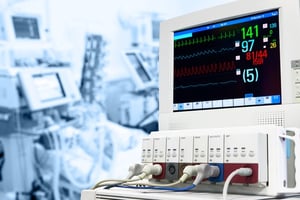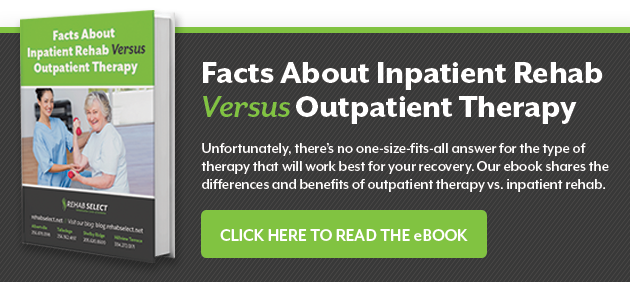 If you have had a cardiac event, a cardiac surgery or have heart disease and have been encouraged to check into an inpatient facility for cardiac care, you probably have a lot of questions. Perhaps you’re wondering why inpatient treatment is necessary. Why would your healthcare team recommend it over outpatient care? Chances are there are important reasons for that recommendation, and we’ll outline the most common reasons inpatient care is often needed for cardiac care.
If you have had a cardiac event, a cardiac surgery or have heart disease and have been encouraged to check into an inpatient facility for cardiac care, you probably have a lot of questions. Perhaps you’re wondering why inpatient treatment is necessary. Why would your healthcare team recommend it over outpatient care? Chances are there are important reasons for that recommendation, and we’ll outline the most common reasons inpatient care is often needed for cardiac care.
A need for close medical supervision and care
Hospital stays are not as long as they once were, and patients are often discharged before they have had a lot of recovery time. Often, cardiac patients are still in need of more medical monitoring and care than can be safely and/or practically managed at home when they are discharged. Inpatient cardiac care can offer these patients a safe, supportive environment and the care and medical supervision they need to regain strength, function and independence before returning home to manage on their own.
Staff in inpatient cardiac care are specialists, trained and/or certified in cardiac rehabilitation and care. They are also specifically trained in basic cardiac life support to enable them to manage any emergency situations. Patients have access to this highly trained staff 24 hours a day, medical/nursing care is provided around the clock and patients are medically monitored and supervised as needed during rehabilitative exercise and other potentially risky activities.
Intensive, multidisciplinary and individualized approach to recovery/rehabilitation
The goal of inpatient treatment programs is to help patients achieve their own best level of health and function. These programs strive to meet this goal by providing patients the services of a multidisciplinary team of cardiac care/rehabilitation professionals, including physicians, nursing staff, physical, occupational and speech therapists, psychologists, dietitians and care coordinators.
This team performs a detailed evaluation of the medical history, current condition, needs and goals of each patient, then uses that evaluation to design a personalized treatment plan to help them reach their best possible level of recovery and rehabilitation as quickly and safely as possible. These treatment plans are much more intensive than the typical outpatient program. They provide each patient with a comprehensive range of tightly coordinated services to help them improve their ability to manage daily activities, reduce cardiac risk factors, restore emotional stability, make necessary lifestyle changes and increase their ability to effectively manage their cardiac disease or condition.
Finally, while you may not be entirely sure that inpatient treatment is your best option, you should know that if your healthcare team has recommended it, chances are that it is a good idea to follow that advice. That’s because physicians who make referrals to these inpatient cardiac care programs generally do so after evaluating the condition and medical needs of patients to ensure that they qualify for and can benefit from them. In other words, physicians recommend inpatient treatment for patients for whom they feel it is medically necessary to making the best and safest possible recovery.





